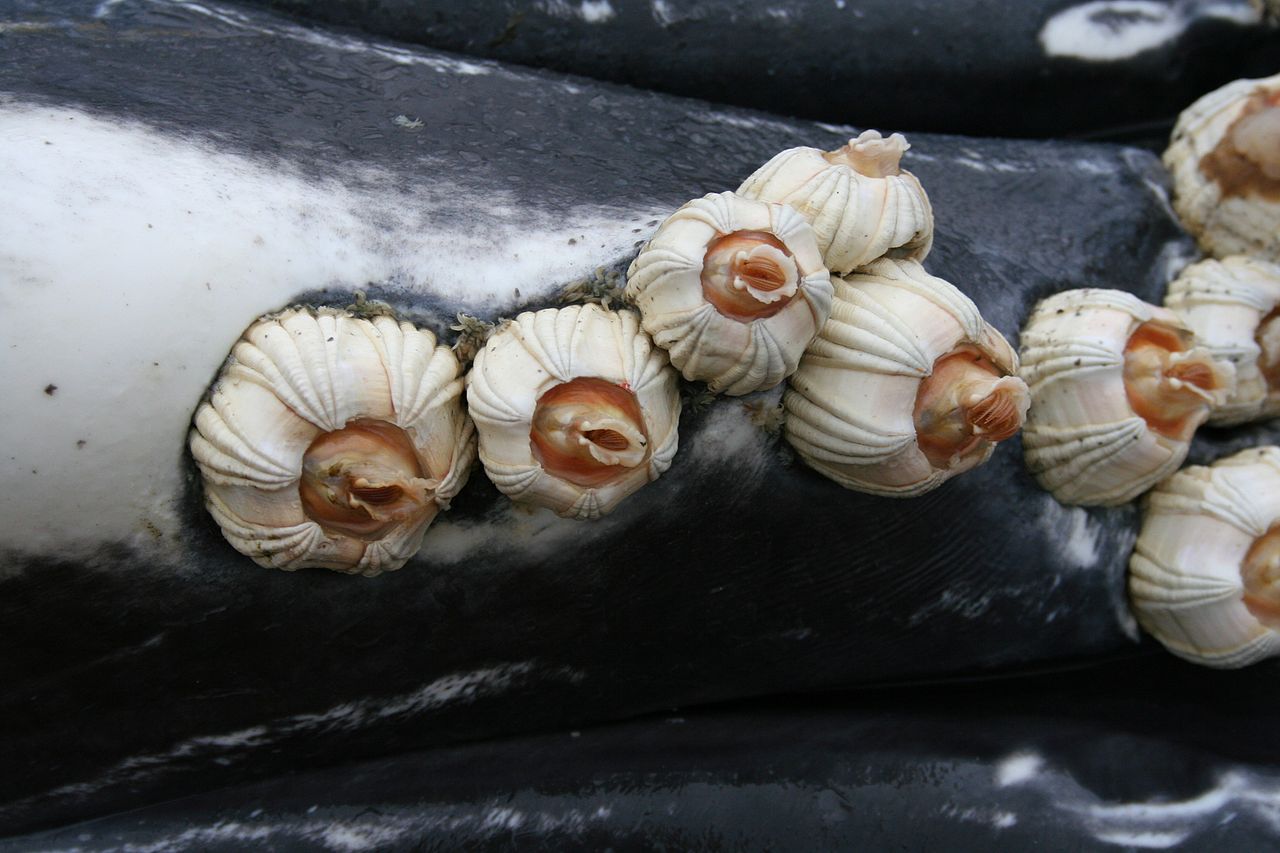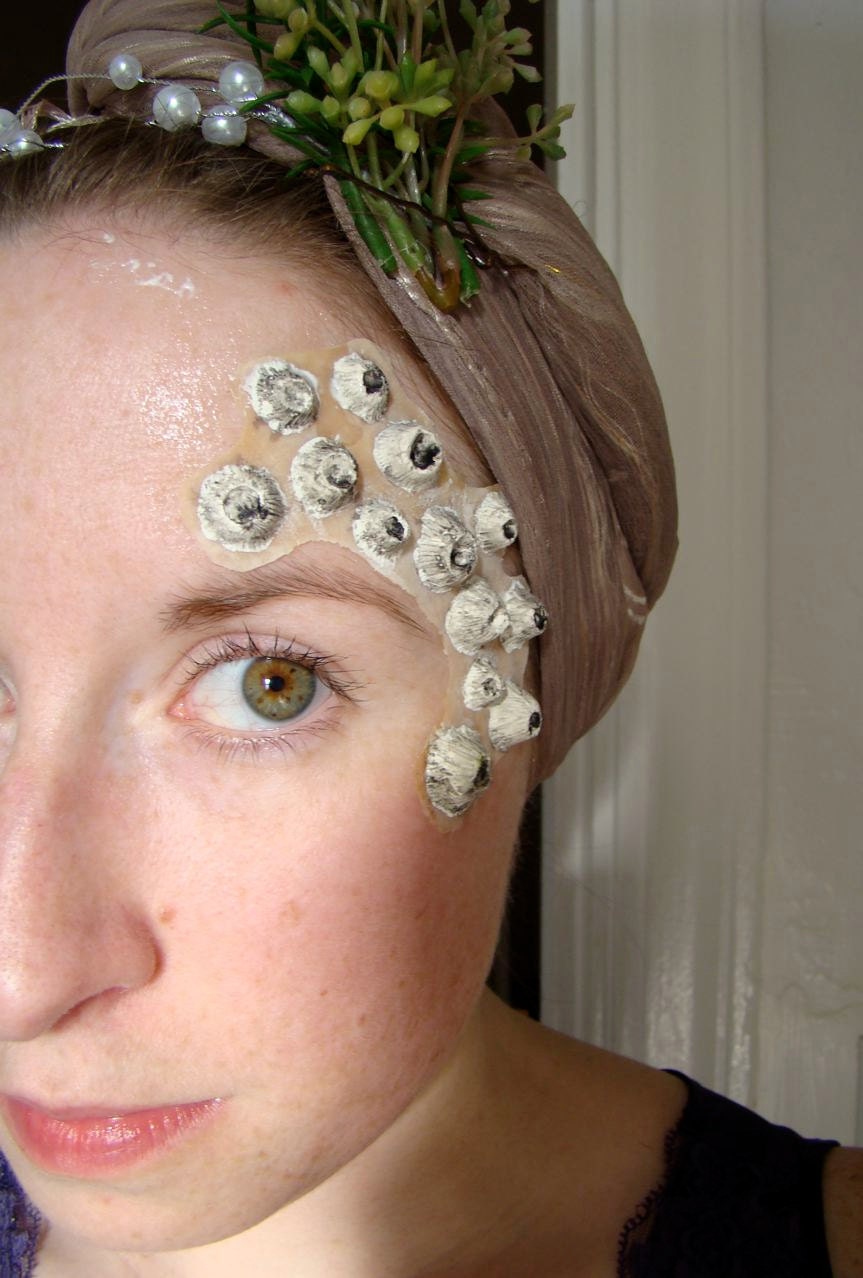Can barnacles truly take root and thrive within human skin? The answer, as it turns out, is far more nuanced than a simple yes or no. While the notion may conjure unsettling images, the reality is more complex, and understanding the difference is key.
Barnacles, those seemingly innocuous creatures of the sea, have long fascinated and perplexed scientists and the public alike. Their presence, from the hulls of ships to the backs of whales, is a testament to their adaptability. But what of their relationship with humans? Can these marine organisms find a home on our skin, and if so, what are the implications?
| Aspect | Details | Source |
|---|---|---|
| Common Misconception | The term "barnacles on human skin" often refers to seborrheic keratoses, harmless skin growths resembling barnacles. | Reference Website |
| Attachment vs. Growth | Barnacles can attach to the surface of human skin but cannot grow within it like a parasite. | Reference Website |
| Environmental Requirements | Barnacles require a marine environment and saltwater to survive; human skin does not provide this. | Reference Website |
| Species Count | There are approximately 1,220 known species of barnacles. | Reference Website |
| Common Types | The "acorn barnacle" is a prevalent type, lacking a stalk, while others have stalks. | Reference Website |
| Attachment on Humans | Attachment to human skin is rare but documented. | Reference Website |
| Health Risks | Cuts from barnacle shells can lead to infection; their feeding parts (cirri) can cause bleeding and inflammation. | Reference Website |
| Other Habitats | Barnacles attach to surfaces such as rocks, ships, whales, and sea turtles. | Reference Website |
| Marine Environment | Marine organisms such as barnacles require a marine environment to survive. | Reference Website |
| Freshwater Environment | Most barnacles are adapted to marine environments and cannot survive in freshwater environments. | Reference Website |
The persistent query, "Can barnacles attach to human skin?" elicits a response that is both intriguing and context-dependent. While barnacles are primarily marine creatures, their ability to attach themselves to various surfaces has led to instances where they have indeed found purchase on human skin. It's essential to grasp that this phenomenon is not as straightforward as it might appear. The conditions required for a barnacle's survival and growth are markedly different from those presented by the human body.
- Conchita Martinez Everything You Need To Know About Her
- Dwayne The Rock Johnson Unveiling His Ethnicity Heritage
The notion of "barnacles on human skin" often brings to mind images of unsightly growths. However, in most instances, what people perceive as barnacles are, in fact, seborrheic keratoses. These are benign, common skin growths that bear a superficial resemblance to barnacles. They pose no serious health threat but can be a source of cosmetic concern for some.
Barnacles, nature's master engineers of adhesion, employ a remarkably strong cement to secure themselves to surfaces. This adhesive is so potent that forcibly removing barnacles from, say, a whale's skin, can cause significant damage. This underscores a key point: while barnacles may attach to humans, their presence does not signify an invasion or infestation in the same way as a parasitic organism.
One must acknowledge the distinction between attachment and true growth. Barnacles, as marine crustaceans, require specific conditions to flourish: saltwater, a hard surface, and a suitable food supply. The human body, with its internal environment and lack of these vital elements, is not a hospitable environment for barnacle growth.
- Judge Mathiss Brandon Davis Updates Trials Resilience Read More
- October 27 Zodiac Scorpio Traits Compatibility More
Let's delve into some of the frequently asked questions surrounding barnacles and their relationship with humans:
- Can barnacles grow on humans in any circumstance? No, barnacles cannot grow on human skin. They need a marine environment, saltwater, and a hard surface to attach to.
- Has a barnacle ever attached to a human? Yes, while rare, there is one recorded case where a man had barnacles attached to a tendon sheath in his hand.
- Can you get sick from barnacles? If contact with barnacles breaks the skin, there is a risk for infection. It is crucial to clean any wounds thoroughly with water and scrub the area to ensure debris removal.
- What are the "barnacles" people see on human skin? The growths often referred to as "barnacles" on human skin are usually seborrheic keratoses, a common, harmless skin condition.
- Can barnacles attach to humans? Yes, barnacles can attach to human skin, though it's not common.
- Are barnacles harmful to humans? Barnacles are not harmful to humans. However, their sharp shells can cause minor cuts and abrasions if not handled carefully.
Barnacles themselves, it's worth noting, are not inherently dangerous to humans. However, their sharp shells can cause minor cuts and abrasions, presenting a potential entry point for infection if not treated. Furthermore, the process of removing barnacles from any surface, be it a boat hull or a whale's skin, can be problematic. Forceful removal can lead to damage, leaving the underlying surface vulnerable.
The story of barnacles isn't just about human interaction; it is also a testament to their ecological significance. Barnacles play a vital role in marine ecosystems, from being efficient filter feeders to providing sustenance for other creatures. They are, in their own right, a critical part of the web of life.
Barnacles pose significant challenges for human industries, especially shipping. Barnacles that attach to ship hulls create drag, increasing fuel consumption and operational costs. Therefore, while they may not be inherently harmful to humans directly, their presence can have significant economic consequences.
Barnacles, in the end, are a testament to the adaptability and ingenuity of life. Though the idea of these creatures taking root in human flesh may seem unsettling, the reality is far more nuanced. Their story is one of marine survival, ecological roles, and the occasional, rare encounter with humans.



Detail Author:
- Name : Owen Becker
- Username : hnienow
- Email : littel.arnoldo@hotmail.com
- Birthdate : 2002-01-09
- Address : 47868 Ismael Fords Baileyburgh, NM 34624
- Phone : 1-412-533-0888
- Company : Jast LLC
- Job : Floor Finisher
- Bio : Sit ea quibusdam enim commodi ex. Architecto est officiis et placeat quam.
Socials
tiktok:
- url : https://tiktok.com/@madisyn3002
- username : madisyn3002
- bio : Aliquam fugiat est consequatur autem sed sit et.
- followers : 4354
- following : 1266
facebook:
- url : https://facebook.com/madisyn8676
- username : madisyn8676
- bio : Et excepturi doloribus ratione nam iste ipsam. Molestiae qui quisquam quae.
- followers : 2937
- following : 1093
instagram:
- url : https://instagram.com/madisyn_schinner
- username : madisyn_schinner
- bio : Sed enim nulla deserunt sunt. Et est laboriosam et cumque libero.
- followers : 6694
- following : 2529
linkedin:
- url : https://linkedin.com/in/mschinner
- username : mschinner
- bio : Odit et ducimus vitae eligendi.
- followers : 2733
- following : 906